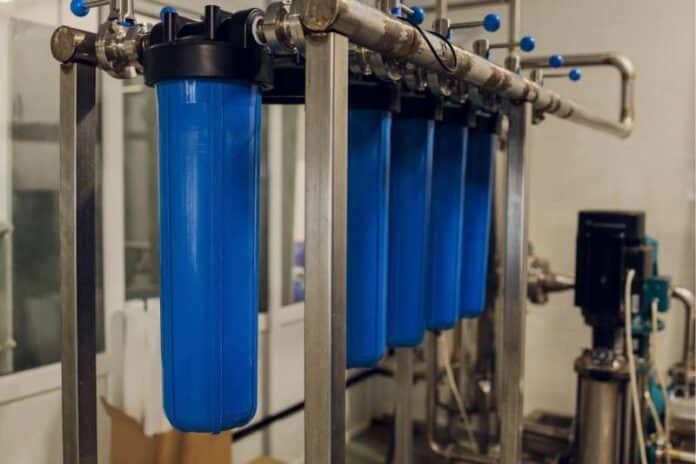
The water quality we consume and use daily cannot be overlooked, as it is a key factor in our health and well-being. Whether in our homes or commercial settings, ensuring this vital resource is free from contaminants is paramount. Water filtration systems provide safe, clean water by removing unwanted particles, chemicals, and biological contaminants.
The advantages of these systems stretch beyond just health, impacting the efficiency of appliances and the taste of the water. Below, we delve into the importance of water filtration and how it affects various aspects of our day-to-day living.
Exploring the Crucial Role of Water Filtration Systems
Water filtration systems are no longer considered a luxury; they are now essential in safeguarding health and ensuring the longevity of plumbing fixtures. By filtering out harmful contaminants, these systems prevent many potential waterborne diseases. Moreover, clean water facilitates better hygiene and sanitation, which is particularly critical in densely populated or commercial areas with a higher risk of contamination.
In commercial settings, the importance of these systems is amplified due to the higher demand and water usage. Restaurants, hospitals, and industries that rely on water for operation must prioritize purity to avoid legal and health ramifications.
Similarly, in residential settings, families benefit from the peace of mind that comes with knowing their water is safe for consumption and daily use, whether for drinking, cooking, or bathing.
Filtration systems vary in size, complexity, and the nature of contaminants they target. Simple charcoal filters can remove basic sediments and odors, while more advanced osmosis systems, like those provided by GE Osmonics, can tackle a broader range of pollutants, including heavy metals and bacteria.
As a prominent water treatment services and solutions company, GE Osmonics provides comprehensive support for reverse osmosis systems, offering parts, service, and repair to ensure optimal performance and water quality.
Water Quality Concerns in Commercial Versus Residential Areas

On the other hand, commercial establishments must contend with the health aspects and the implications of water quality on their operations and product quality.
Commercial entities have stringent water quality standards, particularly in food and beverage, pharmaceuticals, and manufacturing industries. These standards are in place to ensure product safety, comply with industry regulations, and avoid legal consequences. Having a reliable filtration system becomes a non-negotiable aspect of their operational infrastructure.
While commercial enterprises might face regulatory inspections and testing, residents often must take independent action to ascertain their water quality. The water supply in some areas may contain elevated chlorine, lead, or other contaminants only detectable through testing. Awareness and proactive measures, including water filters, can alleviate potential health risks.
Health Benefits of Purified Water in Homes and Businesses
The health benefits of purified water are undeniable. Drinking water free from contaminants can significantly reduce the risk of gastrointestinal diseases caused by bacteria, viruses, and parasites. Clean water also plays a critical role in preventing developmental and reproductive issues from exposure to certain hazardous chemicals often found in unfiltered water.
Beyond ingestion, purified water contributes to healthier skin and hair by eliminating chlorine and other substances that can cause dryness and irritation. This is for personal use and in commercial settings such as salons and spas, where water quality can directly affect service quality.
For businesses, having access to pure water enhances employee well-being, potentially reducing sickness-related absences and increasing productivity. Moreover, filtration ensures consistent product quality and customer satisfaction in sectors where water quality directly affects the final product, such as in breweries or food processing plants.
The benefits extend to our homes, where clean water can reduce limescale buildup, prolonging the life of appliances such as washing machines, dishwashers, and water heaters. With less accumulation of minerals and deposits, these appliances operate more efficiently, contributing to energy savings over time.
Overall, the impact of water filtration systems transcends the simple act of purifying water; it touches upon health, financial savings, environmental sustainability, and technological innovation. They are a cornerstone in our effort to maintain the highest quality of life, both in the comfort of our homes and in the commercial sectors that serve us.





